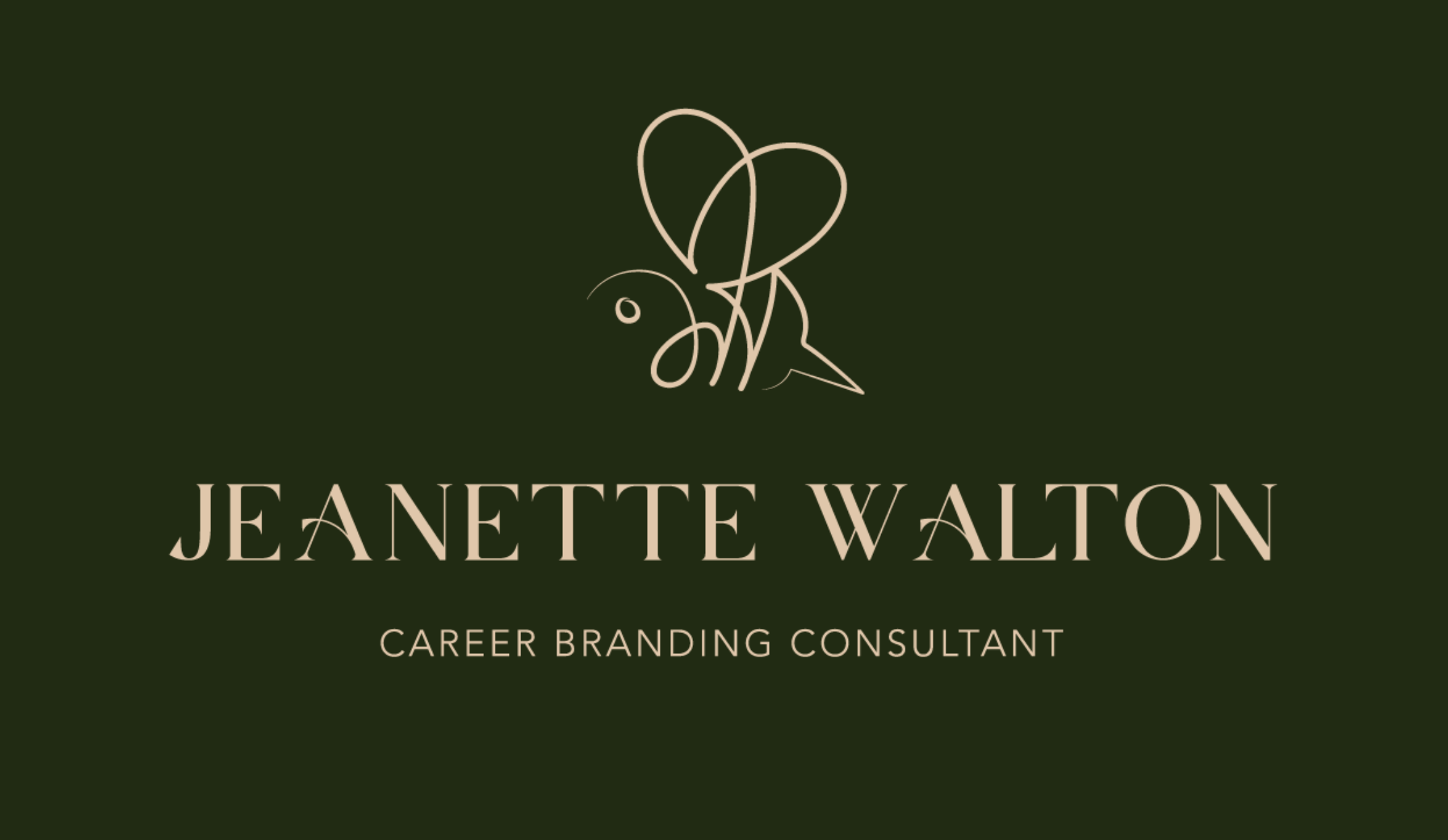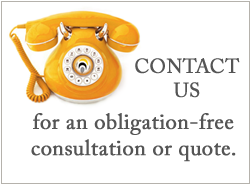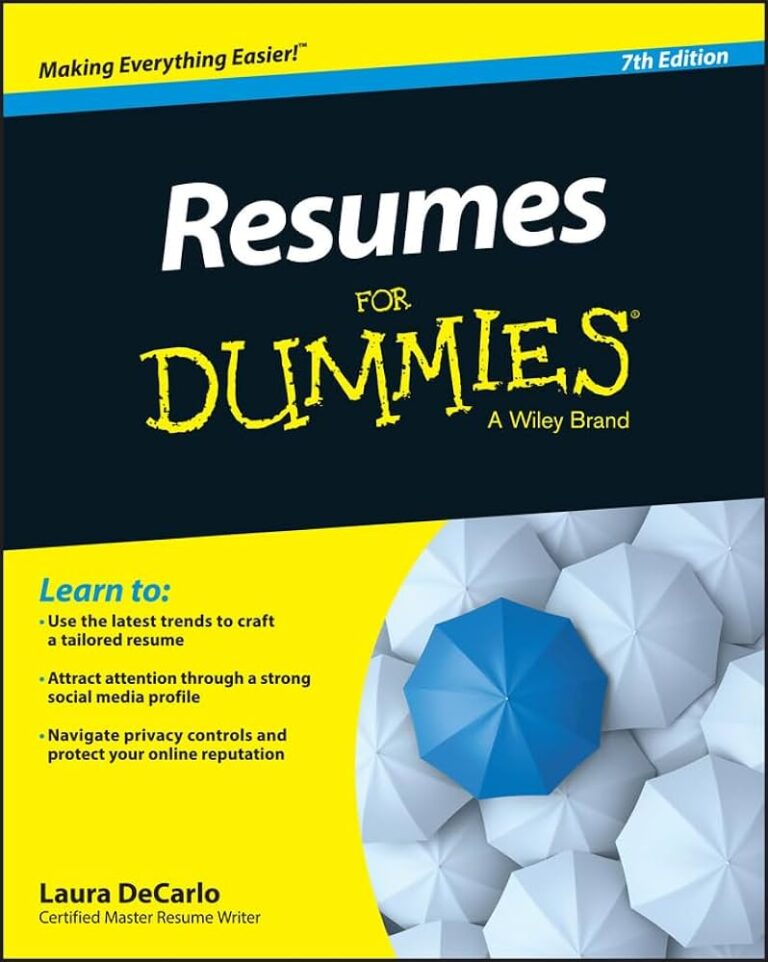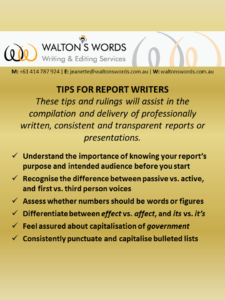As I’ve touched on in a previous blog, there are some clear differences between your resume and your LinkedIn profile, including their main purpose. To truly optimise your LinkedIn profile, both for networking and job seeking, it’s important to remember this is more of a personal branding and marketing tool than your resume. I wrote a blog several years ago about some of the core reasons why this professional social media platform should be used to effectively market yourself. This includes the potential to engage with career-relevant stakeholders, including key industry experts.
““Don’t be afraid to get creative and experiment with your marketing.” (Mike Volpe, CEO of Lola.com)
With this in mind, it’s essential that you effectively market your career plans and ambitions, including when you’re first starting or branching out in your desired job and sector. In particular, when you’re ready to start seeking out potential avenues and opportunities. Here are four reasons why LinkedIn should be used to communicate your future career aspirations:
- Keyword optimisation
If you’re not using keywords on LinkedIn that relate to your future career ambitions, you’re unlikely to be found and/or engaged with in that capacity. For example, if you’re in the process of transitioning from retail to accounting, there won’t be many professional benefits from branding yourself via the former job type. Of course it’s probably still advantageous to include detail about your earlier career, to both expand your pool of connections and to highlight your most transferrable skills. But you should prioritise the promotion of your next career stage, even in its infancy.
- Recruiter awareness
Effectively branding yourself on LinkedIn, based on the type of work you’re pursuing, is not only going to help recruiters to locate and evaluate you, but it also immediately confirms your goals. Such open drive and commitment will no doubt be viewed positively by prospective employers, particularly if you’re already ‘hooked up’ with fellow LinkedIn-ees within the relevant industry. Depending on the type of role you’re seeking, it may also be worth uploading some examples of what you can do, even if it’s a video or presentation you created as a student in the field.
- Increase search rankings
The more job-relevant your keywords are on LinkedIn, and the more content you have in your profile aligned with your career ambitions, the more likely you are to climb up the search ranking ladder. LinkedIn algorithms look favourably upon those that constructively leverage their profile – this includes filling out as many sections as you can (with keywords) and interacting as often as you can. The more you tap into and use your profile, the more you’ll appear in others’ searches and information feeds, and the more likely you are to connect with the job-relevant stakeholders.
- Network expansion
If you appropriately market and brand yourself on LinkedIn, the more likely you are to grow your networks and connections within your sought-after field of profession. It is often said that LinkedIn can open career doors that some may never have considered, which can also include via connections outside of the relevant industry. So if you’ve clearly branded your career aspirations on LinkedIn, such job opportunities are far more likely to come your way. Also consider the ‘fake it til you make it’ saying when you’re an industry start-up – start tapping into and learning from others in the field.
________________________________________________________________________________
Walton’s Words has extensive experience in helping job seekers compile professionally written, career-selling documentation. We can help construct resumes, cover letters, LinkedIn profiles, selection criteria, and any other documentation that will help you win your dream role. So drop us a line or give us a call if you’d like some assistance with your next career step.




